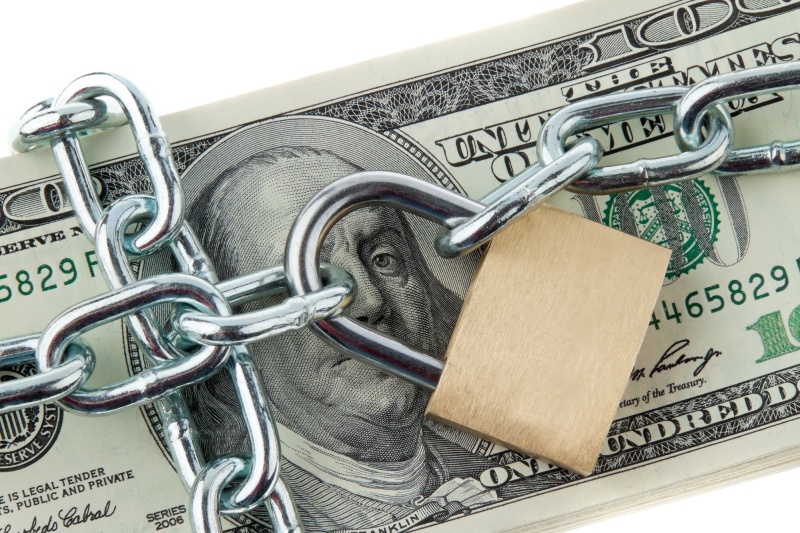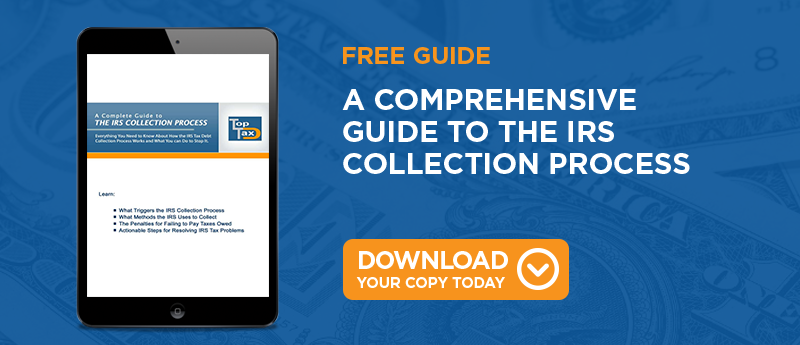I
f you're far behind on your income tax debt you might be thinking about pursuing bankruptcy protection to get some relief for back taxes. However, rather than thinking of bankruptcy as the solution to a problem you'll need to find out some details about how bankruptcy works and if there are better options for settling your tax debt.

1. Not all taxes are eligible for bankruptcy protection.
One of the first things to consider is that bankruptcy protection does not cover all types of back tax debt. Business or corporate income tax debt is not covered by bankruptcy at all. Even if you only have personal income tax debt you'll have to submit to a thorough examination to make sure your taxes can be discharged.
2. An offer in compromise may be an option for tax relief.
Taxpayers who did not qualify to have their taxes discharged under bankruptcy might try to request an Offer in Compromise with the IRS. This arrangement allows some individuals to get a deep discount on their tax debt. Qualifying for this program might be difficult but if you have documentation that shows that repaying your debt is beyond your means your request may be approved.
3. An installment plan may be available for those who file for Chapter 13 bankruptcy protection.
If you file for Chapter 13 bankruptcy and you're able to organize your debt to repay it you'll be able to set up an installment plan to repay the IRS. Typically, these plans are structured to last for three to five years.
4. Some may want to consider an IRS payment plan rather than bankruptcy.
Since bankruptcy can damage your credit for up to ten years you might find that establishing a simple payment plan with the IRS is the best option particularly if your only outstanding debt is tax-related. You can negotiate a plan that allows you to decide how much you'll pay back each month and what day of the month you'll send in a payment.
5. Bankruptcy may not preferable to requesting a temporarily uncollectible status.
If you have insufficient assets you might benefit from trying to have your account declared temporarily uncollectible. Typically, the IRS will only continue trying to collect on your account for the amount of time you were in bankruptcy plus six months.
While bankruptcy might be the first option you think of when you're in debt there may be other options to settling your back taxes. If you need relief for back taxes take the time to speak to a tax resolution specialistto find out about all of your choices before committing.
If you have insufficient assets you might benefit from trying to have your account declared temporarily uncollectible. Typically, the IRS will only continue trying to collect on your account for the amount of time you were in bankruptcy plus six months.
While bankruptcy might be the first option you think of when you're in debt there may be other options to settling your back taxes. If you need relief for back taxes take the time to speak to a tax resolution specialistto find out about all of your choices before committing.



